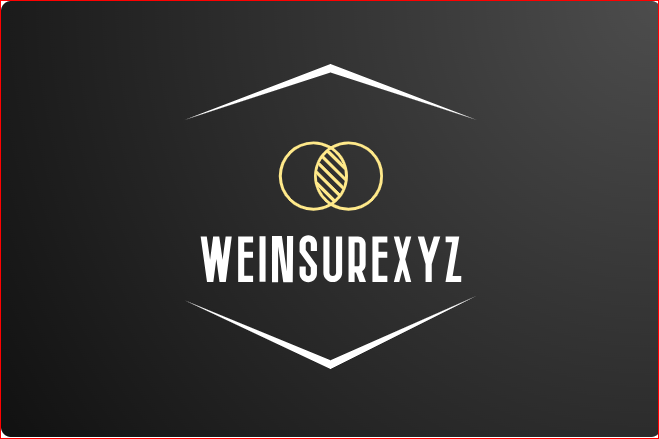While general liability coverage policies can provide business owners with a great deal of protection, experts told Smart Business that it’s important to know the limits of that coverage
In the vast ocean of entrepreneurship, small business owners often find themselves sailing through turbulent waters. In their quest for success, they meticulously chart their course, addressing challenges, and mitigating risks along the way. Among the crucial tools in their arsenal is general liability insurance. However, merely having this insurance isn’t enough; understanding its limits is paramount for safeguarding their enterprises. In this article, we’ll delve into why small business owners must grasp the boundaries of their general liability coverage, exploring the nuances and implications of this vital aspect of risk management.
Understanding General Liability Coverage
General liability insurance serves as a protective shield for businesses against a multitude of potential risks. It encompasses coverage for bodily injury, property damage, and personal injury claims. Think of it as a safety net, providing financial assistance for legal expenses, settlements, and judgments arising from covered claims. For small business owners, this insurance is akin to a lifeline, offering reassurance amidst the uncertainties of entrepreneurship.
Importance of Knowing Coverage Limits
While general liability insurance offers invaluable protection, its effectiveness hinges on understanding its limits. Imagine sailing into a storm with a torn sail; exceeding coverage limits can leave businesses vulnerable to financial ruin. Small business owners must recognize the stakes involved and the consequences of insufficient coverage. Failure to do so could spell disaster in the event of a lawsuit or claim.
Reasons to Know Coverage Limits
- Financial Protection: At the heart of it, knowing coverage limits is about safeguarding one’s financial assets. Small business owners have poured their blood, sweat, and tears into building their enterprises. Understanding coverage limits ensures that these hard-earned assets are shielded from potential liabilities.
- Assessment of Business Risks: Every business operates in a unique environment fraught with its own set of risks and challenges. By knowing coverage limits, entrepreneurs can assess their exposure to various risks and liabilities. This insight enables them to take proactive measures to mitigate risks and shore up their defenses.
- Compliance with Contractual Obligations: In the business world, contracts often dictate the terms of engagement. Many contracts, particularly those with clients or vendors, may stipulate minimum levels of general liability insurance. Small business owners must be cognizant of these requirements to avoid breaching contractual obligations.
- Exploration of Coverage Enhancements: Armed with knowledge of coverage limits, entrepreneurs can explore options for enhancing their insurance protection. Whether through umbrella liability insurance or endorsements tailored to specific risks, understanding coverage limits opens the door to enhancing coverage where needed.
Steps for Evaluating Coverage Limits
To navigate the murky waters of insurance coverage effectively, small business owners should follow a systematic approach:
Review Policy Documents
Start by carefully reviewing your general liability insurance policy documents. Pay close attention to declarations pages and policy endorsements to understand the specific coverage limits and exclusions that apply to your policy.
Assess Business Risks
Take stock of the risks inherent in your business operations. Consider factors such as the nature of your industry, the size of your business, and your interactions with customers, suppliers, and employees. This assessment will help you identify potential gaps in coverage and areas of exposure.
Consult with Insurance Professionals
Seek guidance from experienced insurance agents or brokers who can provide personalized advice tailored to your business needs. They can help you evaluate your coverage requirements, explore options for adjusting coverage limits, and recommend additional insurance solutions as needed.
Regular Reviews and Adjustments
Insurance needs to evolve as businesses grow and circumstances change. Make it a habit to periodically review your insurance coverage to ensure it remains aligned with your evolving needs. Changes such as business expansion, introduction of new products or services, or significant revenue growth may necessitate adjustments to coverage limits.
Conclusion
In the unpredictable seas of entrepreneurship, knowledge is the compass that guides small business owners toward safe harbors. Understanding the limits of general liability coverage is not just prudent—it’s essential for protecting the very foundation of their enterprises. By grasping the nuances of insurance coverage, entrepreneurs can navigate the complexities of risk management with confidence and resilience. So, let us hoist the sails of knowledge, chart our course wisely, and navigate the depths of entrepreneurship with clarity and foresight.
Edward Galloway and Joel Covelman from the legal firm Jackson DeMarco Tidus Peckenpaugh told the site that some business owners wrongly assume that their general policy will cover them in the event of any lawsuit.
However, they say that a typical policy won’t cover claims about a breach of contract, fraud, harassment, wrongful termination, or other situations. In addition, the “standard” policy may vary slightly from insurer to insurer, so it’s important to know where a company’s existing protection stops. For situations their current plan doesn’t cover, they may want to look into a supplemental policy.
In addition, the source notes that while it’s impossible to plan for every potential type of claim, business owners should take the time to look over their coverage on a regular basis to review the risks that they face.












